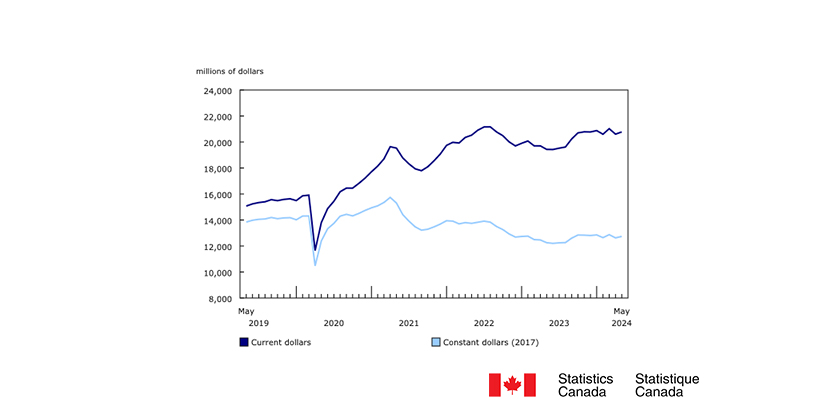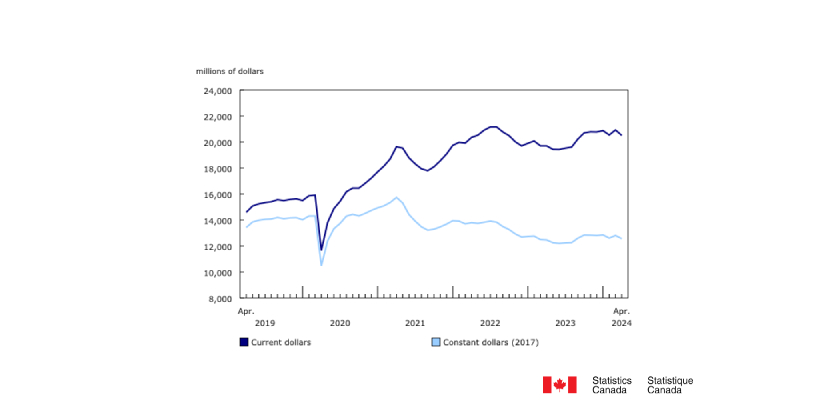Canada Invests in 6 New Clean Technology Projects to Improve EV Infrastructure

September 24, 2021
The federal government announced a $12.7-million investment in six clean energy technologies projects. The investments include:
- $4.95 million to Hydro One Limited to develop a pilot for heavy-duty electric truck charging stations in Ontario. Hydro One’s pilot for electric trucks will be a model for other utilities and businesses interested in pursuing solutions to electrify heavy-duty transportation across Canada.
- $2.5 million to the Toronto Transit Commission to implement a smart charging platform for its electric bus fleet. This project is expected to deliver a system to manage peak energy demand and reduce GHG emissions and overall infrastructure costs while optimizing the use of electric buses.
- $2 million to Opus One Solutions to demonstrate a shared economy model for EV chargers. The project will seek to understand and address the impact of residential EV charging on local networks, as well as assess the potential of repurposing private home chargers through a sharing platform for public use to support growing EV adoption.
- $1.32 million to Alectra Inc. to develop and implement an EV model for single-family and multi-unit residential buildings. The project will provide convenient and affordable access to EV chargers, manage energy cost increases and provide incentives for encouraging off-peak EV charging in the residential sector.
- $1.3 million to Geotab Inc. to demonstrate an enhanced SmartCharge Incentive system that includes price signals to allow EV owners to have different charge windows to avoid or limit popular charging times. A price signal allows for an additional incentive for EV owners to charge at a specific time to shift electrical loads at the grid level.
- $635,000 to Blackstone Energy Services Inc. to test drive a cost-effective vehicle-to-grid system that uses energy stored in EV batteries to provide cost savings to EV owners by encouraging them to discharge energy during peak electricity demand periods. The project will also provide cost savings to facility operators by offsetting power consumption during these periods.
Funded through Natural Resources Canada’s Green Infrastructure – Electric Vehicle Infrastructure Demonstration Program, these projects aim to accelerate the market entry of next-generation clean energy technologies by supporting demonstration projects for innovative technologies.
These investments are building a coast-to-coast network of fast chargers and installing chargers in local areas where Canadians live, work and play. The government also provides incentives of up to $5,000 to help Canadians buy EVs and full tax write-offs for businesses purchasing them.
These investments support Canada’s new mandatory target of 100-percent zero-emission light-duty vehicle sales by 2035. Driving down transportation emissions is critical to achieving Canada’s ambitious climate change targets and requires a combination of investments and regulations to support Canadians and industry in this transition.
“Large-scale adoption of electric vehicles is only possible if the grid is able to support the additional load. We are grateful for Natural Resources Canada’s support of this project, which demonstrates Geotab Energy’s upgraded load shaping solution. This new solution adds the ability to reduce charging load during critical peak periods and reduces the number of EVs charging at any given time. Geotab’s unique approach provides substantial grid benefit while keeping the EV owner in full control of their charging behaviour — the result is a solution that meets the needs of both the grid and EV owners,” commented Eric Mallia Vice-President, Geotab Energy, Geotab Inc.
“Electrification of transportation is a generational opportunity for utilities to be more relevant and meaningful to our customers. Alectra is ready to play a critical role in the clean transportation ecosystem by offering cost-effective EV charging solutions. The AlectraDrive @Home project offers insights on EV charging behaviour at home and on the role incentives play in helping to optimize the impact of increased charging on the grid while accelerating EV adoption,” commented Brian Bentz President and CEO, Alectra Inc.

















